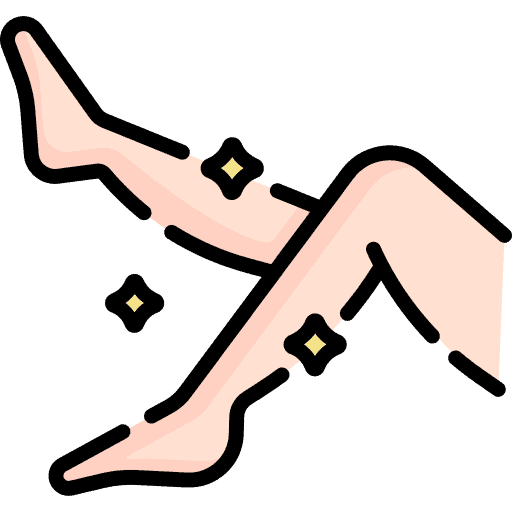In searching for the ideal pillow to address neck pain, factors such as the materials used, the pillow’s longevity, the comfort it offers, its ergonomic design, and value for money are considered. Persistent neck pain can significantly disrupt people’s daily routines. Experiencing a continual ache in your neck can sap your energy, decrease your productivity, and negatively impact your overall performance in any task. A practical solution to this issue could be investing in a pillow designed specifically to ease neck pain. Given the wide array of choices available, finding the perfect pillow could prove challenging.
Our Recommendation 🇺🇸
The neck pillow is crafted to offer both stability for the head and neck as well as comfort for restful sleep. When you press on the memory foam pillow, it molds instantly and springs back in about 5 seconds once the pressure is lifted, ensuring it retains its form throughout its use. This gradual return feature guarantees the pillow supports the neck without causing undue pressure, making for a peaceful sleep. The pillow is tailored to align with the body’s natural curve, delivering an ergonomic and comfortable cervical alignment. Thanks to its bespoke design, this cervical pillow seamlessly aligns with the contours of the head, neck, and shoulders, alleviating pain and lessening shoulder tension. This ensures that users can rise in the morning feeling refreshed and pain-free.
Purchasing a Pillow for Neck Pain
Navigating the sea of products can make finding the perfect pillow for neck pain a daunting task. It can be overwhelming to decide what features are most important given the vast range of options.
Sleeping Position
Your sleeping position necessitates varying levels of support. Therefore, the pillow you choose should align with your sleeping habits to provide the best possible support. Keep in mind, your sleeping posture also dictates the height of the pillow you need when shopping for a neck pillow.
Materials
Cervical pillows are available in a variety of materials, each providing unique benefits and levels of support. Whether you favor memory foam or something more akin to gel or water-based, it’s crucial to be aware of your pillow’s material to gain maximum support.
Durability
No one enjoys discarding a pillow after just a few days, especially considering the cost. When purchasing a cervical pillow, it’s wise to investigate online reviews and consult store staff about its durability. A product that provides neck support and eases your neck and back pain should endure for a considerable period. The market is saturated with neck pillows, each varying in price and features. Nevertheless, having a clear idea of what you seek before purchasing a neck pain pillow is crucial. Hopefully, this guide has provided you with the necessary knowledge to make an informed choice in your upcoming purchase and aid you in achieving the relief you deserve!






